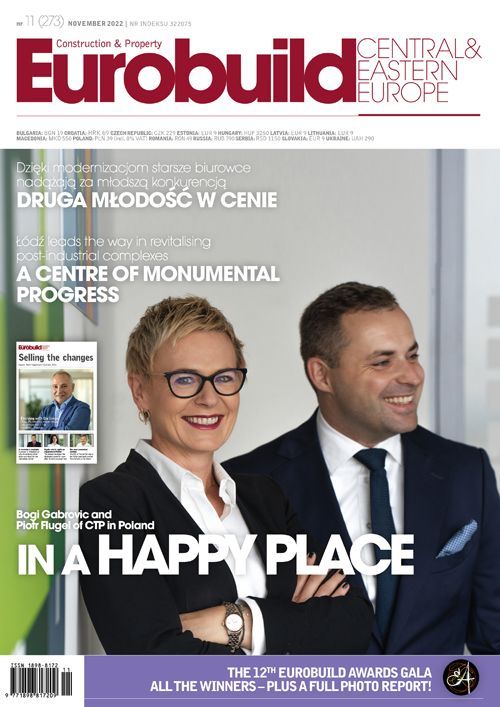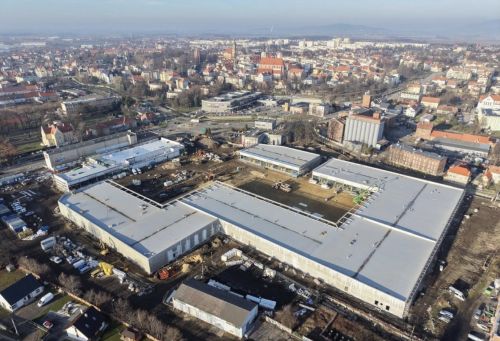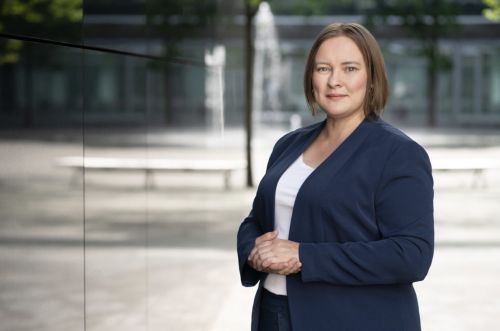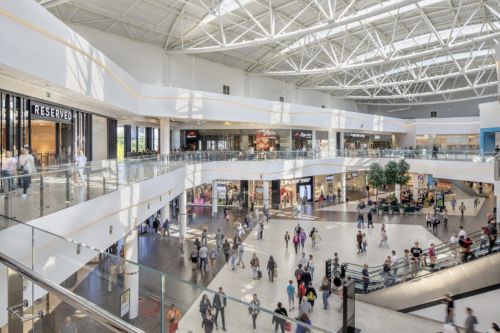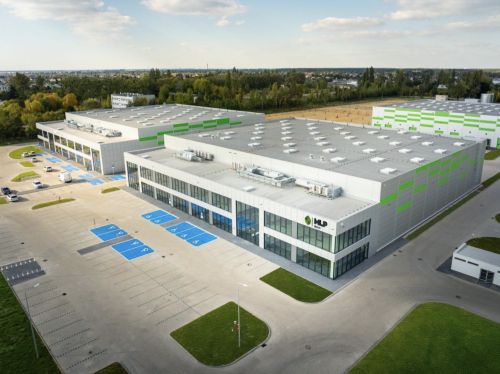In the ‘Emerging Europe Business Perception Index for 2021’, Łódź was rated as the most business-friendly city in the entire CEE region. There can be little doubt that its educational institutions have played a large part in this. Tens of thousands of students attend 18 colleges in the city and almost a third of these are studying engineering, IT and economics and finance. Among the companies that have set up in Łódź, there are many that can count on access to qualified personnel who have no intention of leaving the city once they leave university. “Łódź is a place that, although firmly grounded in its industrial past, is growing rapidly and is exceptionally open. Probably no other former industrial city in Poland has done so much to restore its old buildings to their former glory. At the same time, there are still huge expanses of the city that have yet to be developed and we want to play our part in that,” explains Maciej Michalec, the CEO of Okam. “We have already




























